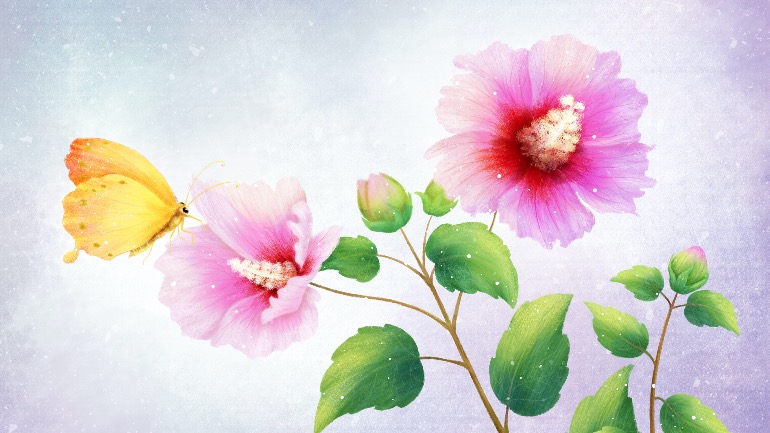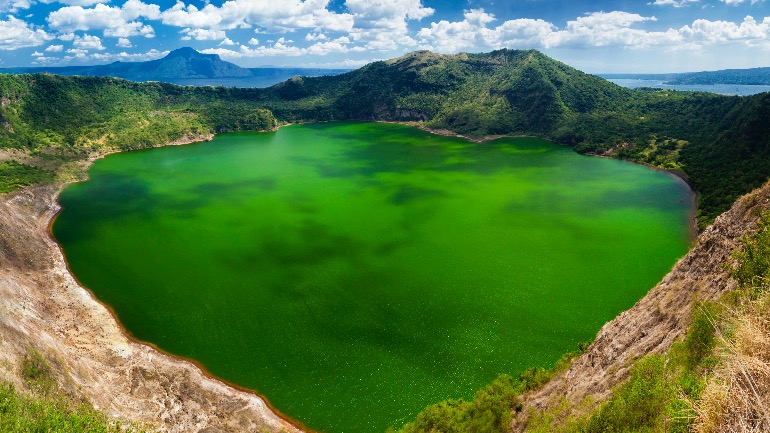The greater, more extensive compassion entails more than just ensuring the basic needs of sentient beings. Those needs should be taken care of, but they are not the focal point. The most important is to make all sentient beings understand the facts of samsara and the ways to be freed from it. This is the Buddha’s greatest compassion—to teach sentient beings the truth first, then the methods for liberation.
- Quote from The Right View, "Buddhism—the Definition"











